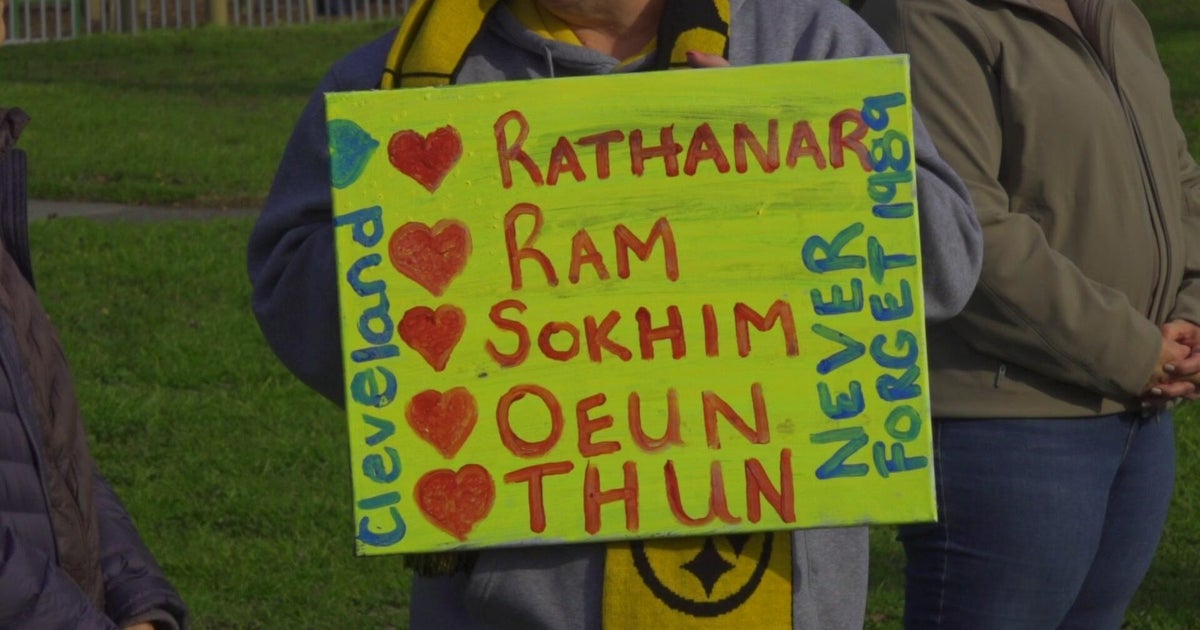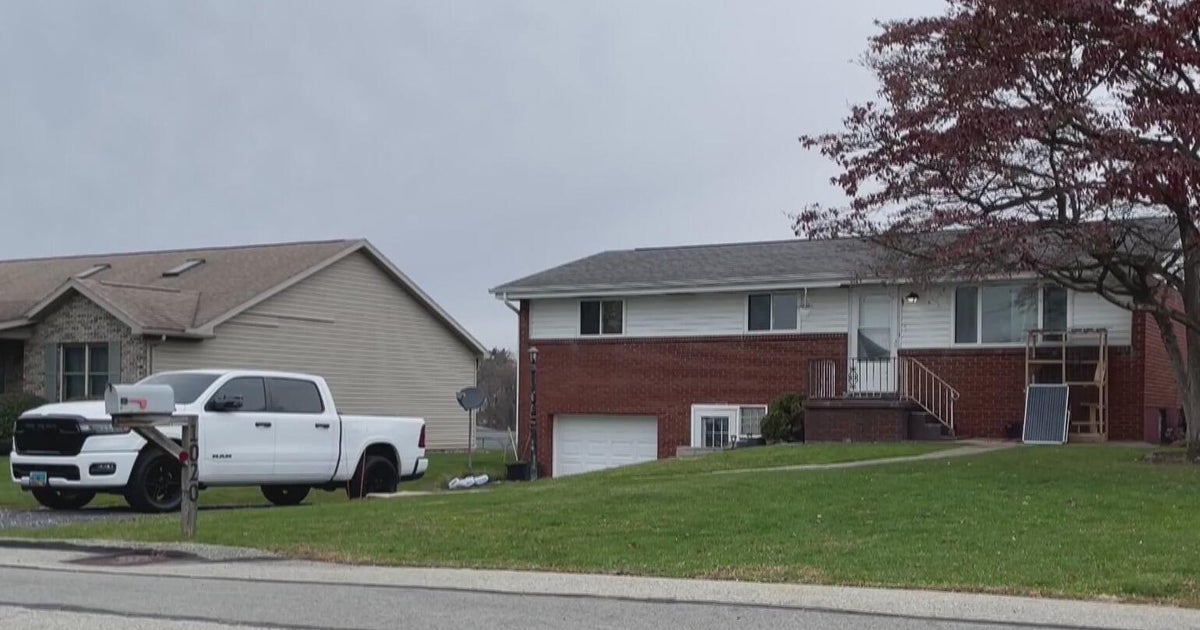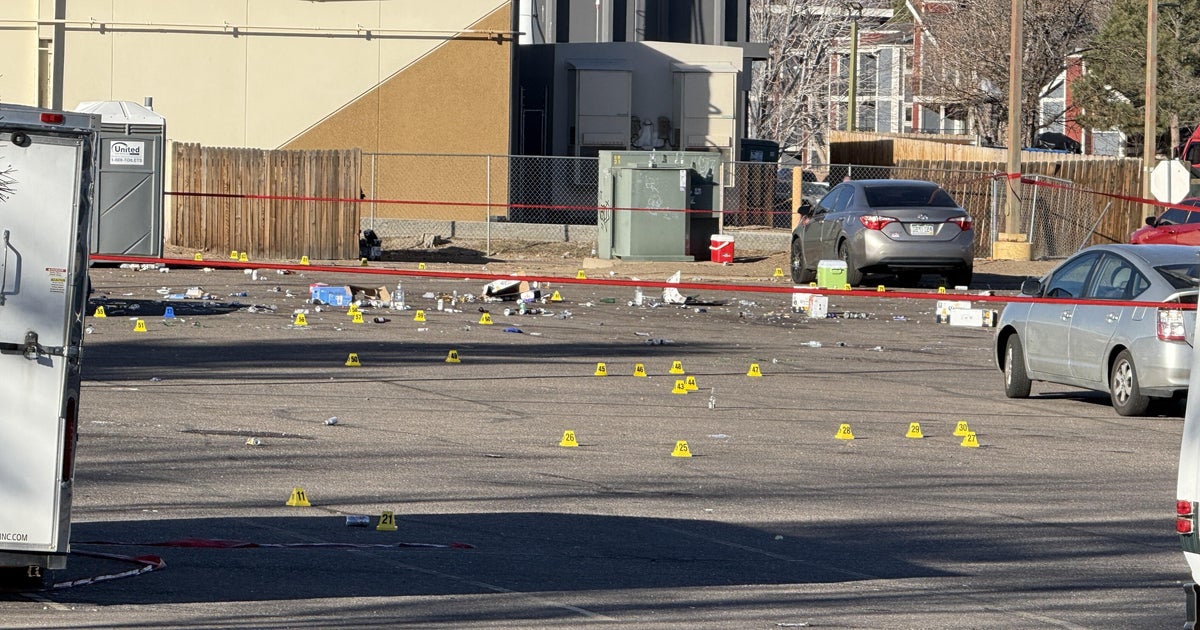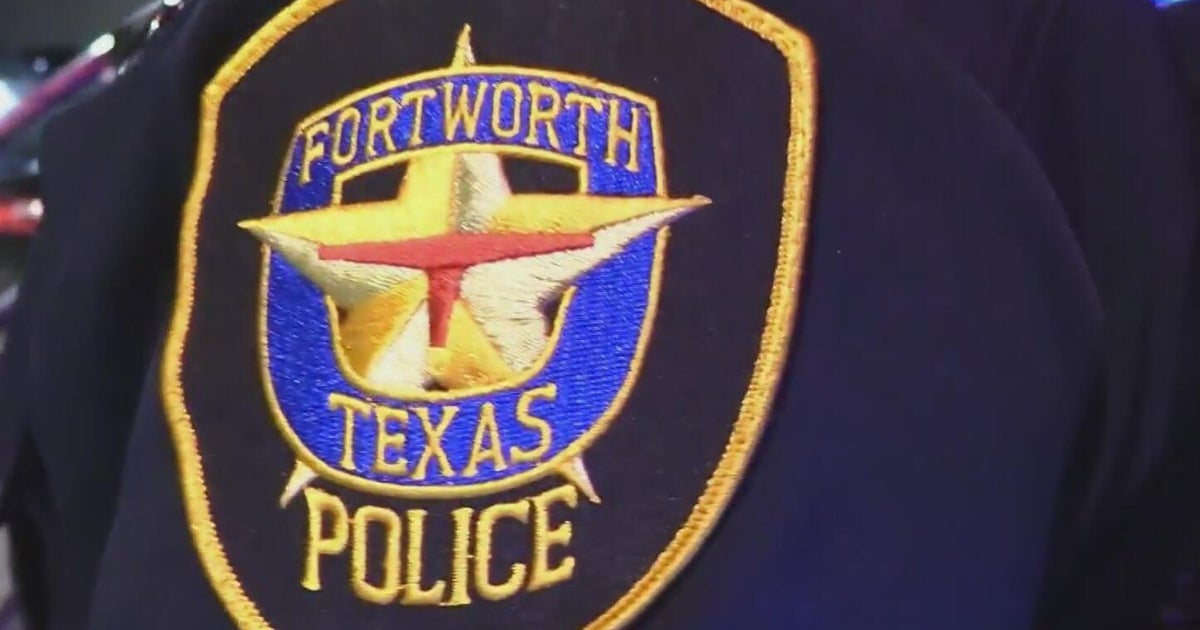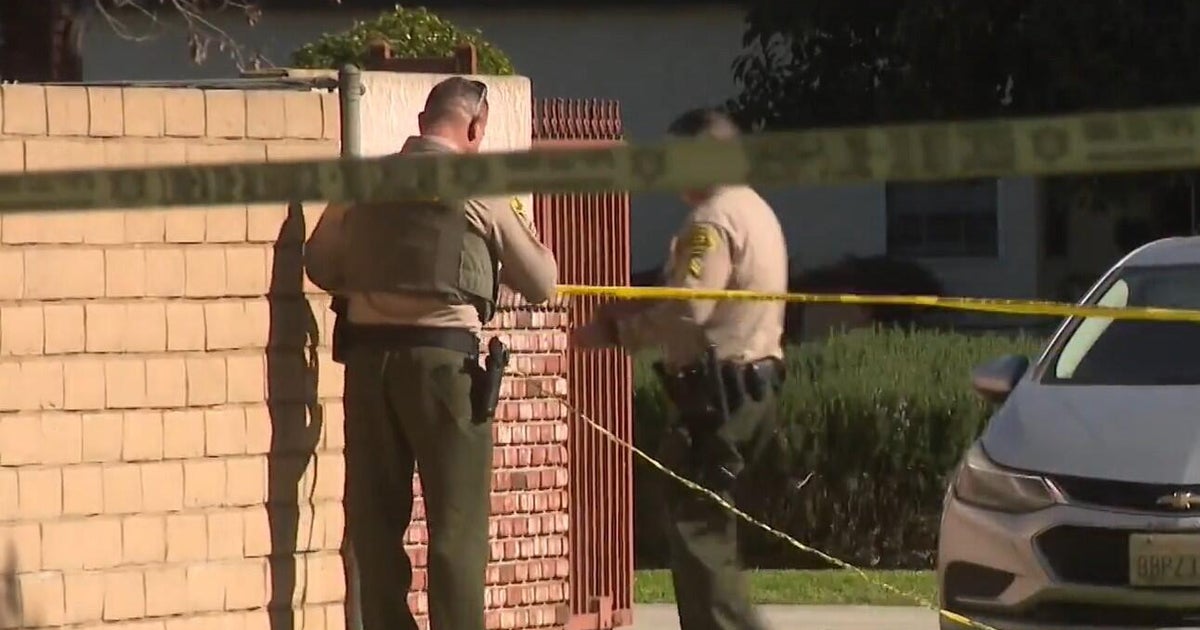"We got a glimmer of hope": Family of Boulder shooting victim reacts as court moves one step closer to trial
More than two years since a devastating mass shooting at a Boulder King Soopers claimed 10 people's lives, the families of the victims are feeling one step closer to justice.
"It's been really frustrating at points over these past two years but today we got a glimmer of hope," said Erika Mahoney.
Her father, Kevin Mahoney, was among the victims who died in the 2021 shooting.
"What happened that day really upended my life and my family's life, and the senseless violence has hurt so many people," said Erika Mahoney. "My dad was the foundation of our family. He was an amazing father. He was extremely loving and caring and suddenly we lost him."
She says she has been grateful to the prosecuting attorney's office for fighting these last two years to get defendant Ahmad al Aliwi Alissa to be tried in court for the shooting, despite years of being deemed incompetent to stand trial.
"It has been a really long two years of wondering and while I don't think we will ever know why someone would do this, I think that having a trial will bring some sense of closure [and] will give us some answers," she said.
A Boulder chief judge's decision Tuesday to deny the defense's request for a second competency evaluation for Alissa means the case will now move to a restoration hearing. This is where the judge will ultimately decide whether the defendant can stand trial.
RELATED: Boulder King Soopers shooting suspect denied second competency evaluation
"There had been a report from the state hospital indicating that the defendant had been restored to competency. the defense had a right to request another opinion but at this time the judge denied that request," said Karen Steinhauser, a former prosecutor and legal analyst. "It's still the court's decision to decide if the defendant has been restored to competency. So, there will be a hearing. If there are any other medical witnesses, if there are any other individuals, the defense will be able to call them. The prosecution would call any witnesses, [and] would also call the state doctor from the state hospital."
Back on Aug. 18, the Colorado Department of Human Services issued a report saying Alissa was restored to competency after undergoing treatment at the state hospital in Pueblo.
Steinhauser says this report could be a key factor in moving the criminal proceedings forward.
"I think that judges give a lot of weight to the experts and those are the experts from the Colorado State Hospital. That's what they do. They look at, 'has a person been restored to competency?' He's been there a long time."
That is also where the defendant will remain until the judge decides on his restored competency.
"If the court finds he is competent to stand trial, the next step would be what's called a preliminary hearing," said Steinhauser.
Yet, she says an actual trial could still take time.
"If he is found competent, there's nothing that would prevent him from being able to plead not guilty by reason of insanity, so then we'd still be dealing with mental health issues," said Steinhauser. "So, for victims, [and] families of victims who are having to wait to see when we they may get their day in court… is frustrating, but it's the courts also trying to make sure that we only do this one time."
Still, this small step is a glimmer of hope that continues to have people like Erika Mahoney hanging on to justice.
"A trial will be really emotional, but to have the opportunity to potentially speak to the defendant will be healing and empowering for me," she said.
The restoration hearing will take place within 30 days. If the judge does rule the defendant has restored competency to stand trial, a preliminary hearing is currently set to take place on Nov. 14 at 9 a.m.

